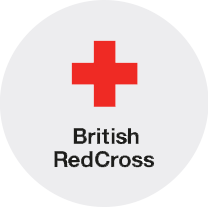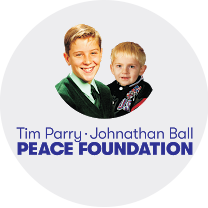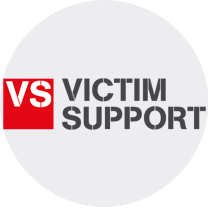Dealing with the media
The media may want to interview you. Interacting with the media following such experiences is a significant decision as media exposure can positively or negatively impact your recovery process.
Being a victim of crime or having a loved one who has been victimised does not mean that you have to give up your right to privacy. If you do not wish to speak to the media you can refuse at any time. Those who choose to share their story publicly may feel anxious about an upcoming interview. Being well-prepared in advance of the interview will help reduce these feelings.
There are some useful resources you can refer to for help
If the Media Calls – The Canadian Resource Centre for Victims of Crime has produced a helpful guide for crime victims and survivors on dealing with media. It is intended to help crime victims and survivors work effectively and comfortably with the media (or to decline to do so) and helps victims prepare for interacting with many forms of media.
Download a copy of the leaflet at the The Canadian Resource Centre for Victims of Crime website
Personal reflections on dealing with the media. Members of Disaster Action, themselves bereaved people and survivors from disasters, have reflected on their personal experiences as of being approached and interviewed by journalists and researchers. The aim of the personal reflections and guidelines for interviewers leaflet is to offer first-hand experience on the pros and cons of being interviewed as well as offering guidance on the preparation, conduct and use of interviews.






